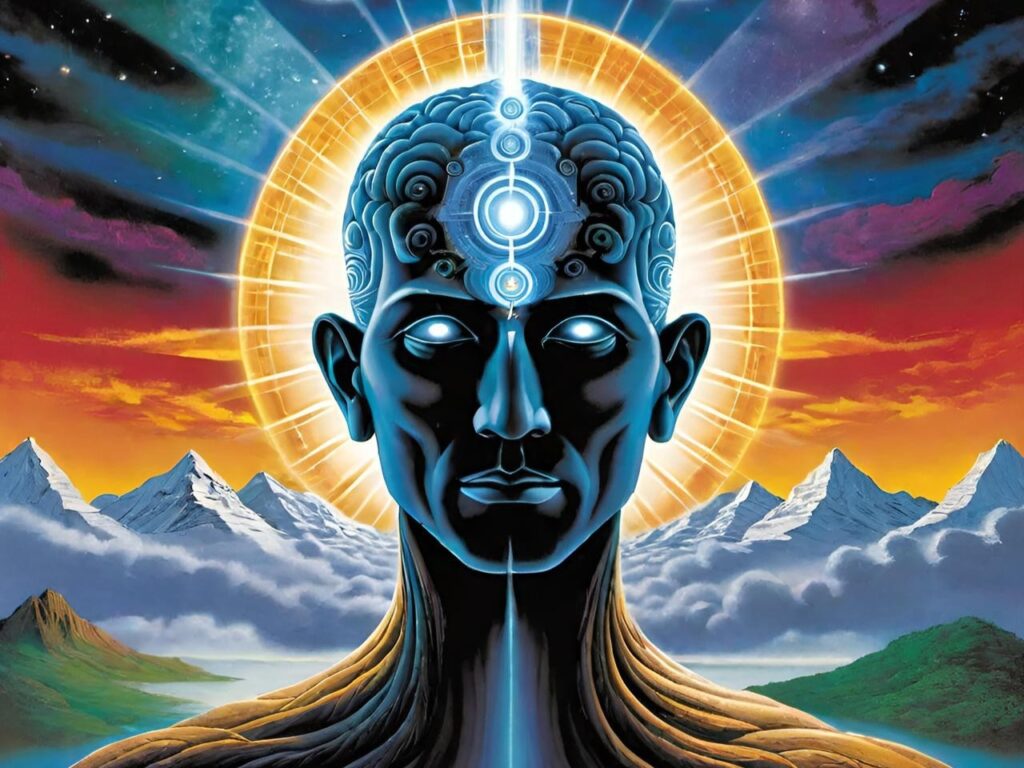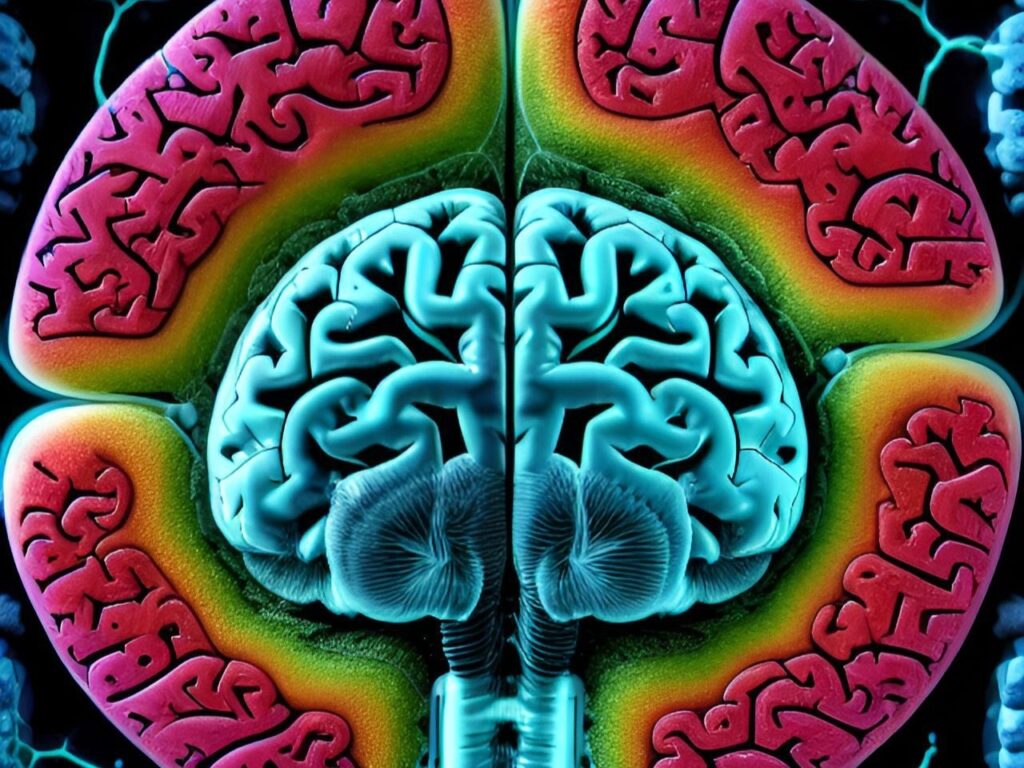Dreaming is a universal human experience, yet most of us can only recall a handful of dreams, if any, upon waking. This phenomenon raises a question that has intrigued researchers, psychologists, and dreamers alike: Why do we forget most of our dreams? The answer lies in the complex interplay between brain function, memory processing, and the nature of dreams themselves.
Dreams occur during the rapid eye movement (REM) stage of sleep, a phase characterized by heightened brain activity and vivid imagery. During this time, our brains are active, processing emotions, memories, and experiences from our waking life. While dreaming can feel incredibly real, these experiences are often fragmented and surreal, making them difficult to recall once we awaken.
Memory Formation and Retention
One of the key reasons we forget dreams relates to how memories are formed and stored. Research indicates that the brain consolidates memories during sleep, particularly in REM stages. However, the nature of dream memories differs from waking memories. While we tend to remember significant or emotionally charged experiences from our daily lives, dream memories are often less coherent and lacking in emotional weight, making them less likely to be retained.
The hippocampus, responsible for forming new memories, is less active during sleep, which can hinder the consolidation of dream experiences. Additionally, the neurotransmitter acetylcholine, which plays a crucial role in memory formation, behaves differently during sleep compared to wakefulness. This altered state can contribute to the difficulty in transitioning dream memories into long-term storage.
The Role of Awakening
How we wake up can also influence dream recall. If we wake suddenly, the shock can disrupt the fragile memory of the dream. Conversely, if we wake gradually, we might have a better chance of remembering our dreams. Some studies suggest that engaging in a calming activity, such as lying still or reflecting on the dream immediately upon waking, can enhance recall.
Moreover, the context in which we wake up can play a significant role. For instance, if we wake up in a hurry or are immediately distracted by our responsibilities, we are less likely to remember our dreams. On the other hand, taking a moment to reflect on our dreams upon waking can help strengthen our ability to recall them.
Individual Differences
Not everyone forgets dreams to the same extent. Individual differences in personality, lifestyle, and sleep patterns can influence dream recall. Some people are naturally more attuned to their dreams and may keep dream journals or engage in practices like lucid dreaming, which can enhance recall. Additionally, stress levels, sleep quality, and general mental health can also impact how vividly we dream and how easily we remember those dreams.
Cultural and Societal Influences
Cultural attitudes towards dreaming can also shape our recall. In some cultures, dreams are seen as significant and worthy of attention, encouraging individuals to remember and interpret their dreams. In contrast, societies that view dreams as trivial may result in individuals being less inclined to remember them. This cultural perspective can influence the value placed on dream recall and the methods employed to enhance it.
Conclusion
While forgetting dreams can be frustrating, it is a normal part of the human experience. The complexity of memory formation, the nature of dreams, and individual differences all contribute to the phenomenon of dream forgetfulness. Although we may not always remember our dreams, they can still play a vital role in our subconscious, influencing our emotions and thoughts long after the dream has faded from memory. Embracing the mystery of dreams, rather than focusing solely on recall, can ultimately lead to a deeper understanding of the self and the mind’s intricate workings.




